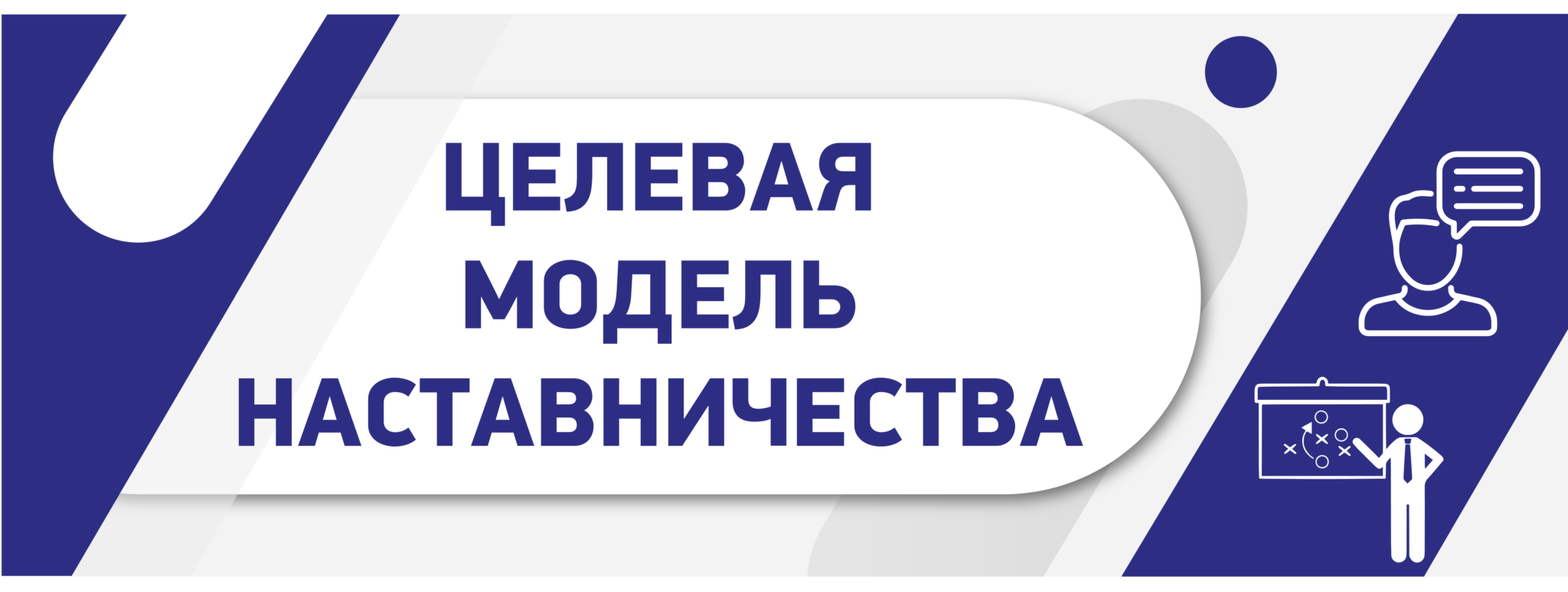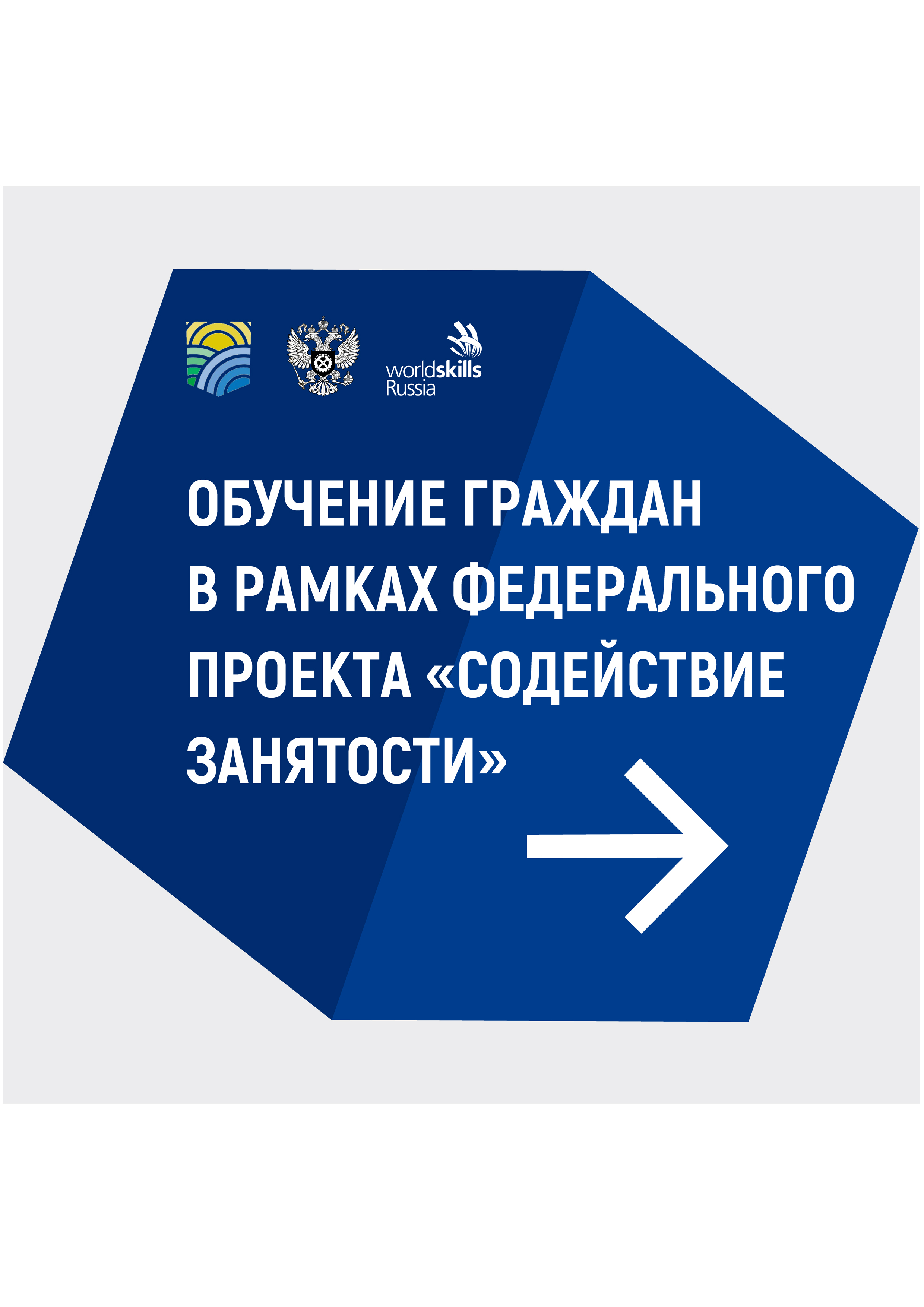What Personal Injury Attorneys Do
You are entitled to compensation if been injured as a result of someone who is negligent. Personal injury lawyers aid victims of accidents get the money they need to pay for medical bills, lost wages and other expenses.
Be sure that you’re able to handle similar cases to yours when choosing an attorney for personal injury. Also, ask if they’re certified by the bar association to practice in the state you reside in.
Damages
Damages are the amount a Personal injury Law firm injury attorney offers to their client after they’ve been injured. These damages can include money for medical bills, lost wages as well as property damage resulting from the accident.
If you can prove proof of your financial loss or expense associated with your injuries, economic damages can easily be calculated. A personal injury lawyer will review medical records, prescription and treatment receipts, as well other documentation, to prove the cause of your expenses.
The amount of time you’ve had to be away from work because of your injury is what will determine the loss of income or damages. This includes all wages you earned prior to the accident as well as wages you would have earned during that time period if you had not been injured.
The cost of any future treatments, medical care rehabilitation, as well as other treatments you may require because of your injuries can be calculated as damages. These kinds of damages can take a while to estimate and it’s therefore important to keep records and documents for all expenses related to your accident.
Non-economic damages are losses that could result from personal injuries, such as suffering and pain, or emotional distress. These damages include anxiety, depression and inability to focus or sleep.
Due to the nature of injuries, the damages may vary from one incident to the next. The best way to determine your compensation is to contact an attorney who specializes in personal injury for a free consultation. Marya Fuller, a seasoned injury lawyer, is dedicated to obtaining the maximum amount of compensation for her clients suffering from injuries. Contact us today to schedule your free consultation.
Complaint
In personal injury law, an initial complaint is the primary document filed in the court by the plaintiff. It informs the court that you have initiated legal action against the defendant (defendant) and sets out the facts and legal reasons for your case.
The complaint usually includes many counts, depending on the nature of the claim. A toxic tort case could include multiple instances of negligence, nuisance, or violation of local consumer protection laws.
Your lawyer will make sure that your complaint contains all the necessary information that will assist you in winning your case. For instance, it could be included with a case caption and a statement of the facts that are likely to be relevant in your case.
It is also important to state the type of damage you are seeking. It is possible to prove that you were not able to work or that you’ve incurred medical expenses as a result of the accident.
It’s essential to remember that some states have caps for the amount you can claim in damages, therefore it’s essential to consult your attorney before drafting your complaint and determine the value of your claim.
After you have filed your complaint it will be served on the defendant via an official process called service. This requires obtaining a summons from the court. This is an official notice that informs the defendant that you’re suing them and that they have 30 days to respond.
Your lawyer could also initiate a discovery process to gather evidence to support your case. This could include sending interrogatories or taking depositions of witnesses and experts.
Discovery
Personal injury lawyers use discovery to gather evidence. The aim is to make an effective case for the plaintiff and demonstrate that the person deserves compensation.
In many instances, a settlement may be reached between the parties prior to trial. This can lower the cost of the case. It can also help the parties get a better idea what their case will look at trial.
The discovery process can be slow and may not be possible for all cases. A knowledgeable attorney can assist you in this process.
Interrogatories, depositions and requests for admission are the most common forms. All of these tools are very useful in your personal injury case.
A deposition is a question and answer session where a lawyer questions the plaintiff under the oath. The questions are usually focused on the plaintiff’s injury and how they affect the way they live their lives.
While similar to deposition questions however, admission requests ask the other party to admit certain facts or documents. These requests will save you time and allow you to challenge the evidence of the defendant in the event of a need.
Document production is a form of discovery that permits the plaintiff to obtain copies of all documents relevant to her case. These documents could include medical records, police reports, or any other documents that could be used to prove the claim.
Discovery takes up a lot of time in many personal injury cases and can be a bit confusing to navigate. It is essential to speak with an experienced personal injury attorney about the best ways to manage this procedure.
Litigation
Litigation is a legal procedure where one party files documents with a court to have a dispute resolved. It is a formal process which can take several months to complete, but it’s usually worth the effort to obtain a favourable judgment after the case has been brought before a judge.
Personal injury lawyers use litigation to assist clients in obtaining financial compensation for the injuries caused by accidents. This could include money for future and past medical bills, damage to property, as well as other costs that arise from an accident.
Before filing a lawsuit, personal injury lawyers generally research their client’s case and make contact with insurance companies on their behalf. They contact their clients on a regular basis and keep them informed of any significant developments.
A complaint is the initial step in the course of a lawsuit. It is an official document that outlines the rights of the plaintiff as well as details the actions of the defendant. It also lists the amount of damages demanded by the plaintiff.
The defendant typically has a time limit to respond to a lawsuit once the complaint has been filed. If the defendant does not respond to the complaint, the matter will be referred to trial before the judge.
During the trial, evidence and arguments will be heard before an impartial jury and judge. The jury will decide if the defendant has harmed the plaintiff or not.
If the jury finds that the defendant to have harmed the plaintiff then the jury can award damages. The damages could be in the form financial award, or even an order for the defendant to pay a particular amount of money. The amount awarded is determined on a variety of factors such as the amount of pain and suffering suffered by the victim.
Settlement
In personal injury lawsuits settlement is a possibility that the majority of victims opt for because it allows them to settle their dispute without having to go to trial. This is because a lot of people prefer to avoid the publicity and the scrutiny that a trial could bring. In reality, a significant portion of civil cases settle instead of going to trial.
There are a myriad of factors that affect the amount of money a plaintiff may receive from a personal injury settlement. A personal injury attorney can assist clients in determining the amount they are entitled to by gathering evidence and proving a compelling case.
A personal injury lawyer can help to establish the extent of the person’s injuries by gathering information on medical bills or missed work, as well as other expenses. The lawyer can also gather witness testimony and other documents related to the accident.
After a settlement has been agreed upon, the insurance firm will make a payment to the plaintiff. This could take the form of a lump sum payout, where the entire settlement is paid to the plaintiff in one go or a structured settlement in which the payment is spread out over a certain time.
It is important to be aware that the money received from settlements can be subject to taxation on income. This is especially applicable to plaintiffs who have received an organized settlement. The settlement funds will be repaid in installments to the plaintiff.
Personal injury attorneys can help you receive a settlement as quickly as possible after your accident. They can also send a demand notice to the insurance company. This will allow you to begin the negotiation process according to your terms. They can also draft an agreement that incorporates demand letters, as well as other evidence that shows why you deserve what they’re offering.























